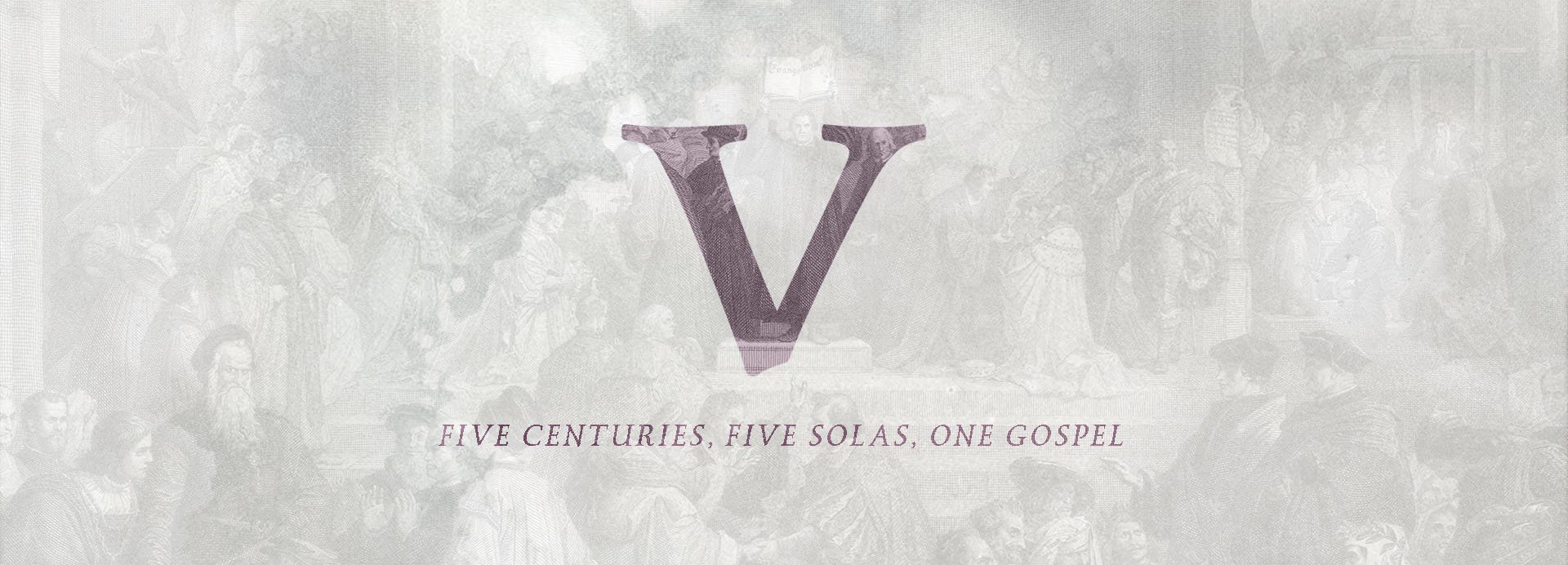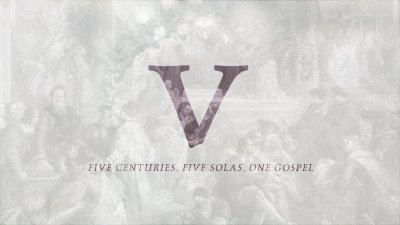


V: The Five Solas
V: Solus Christus
October 22, 2017 • Pastor Jon Needham
Discipleship Question: 1. Ephesians 1 provides us with a list of our spiritual blessings in Christ. Why do you think Paul mentioned spiritual blessings instead of physical blessings? 2. Take a moment to meditate on the blessings that are ours in Christ (election, adoption, redemption, forgiveness, eternal inheritance, sealing by the Spirit). 3. How does these blessings change us in the here and now? (Hint: Ephesians 5) 4. Each of us are prone to look to other “saviors" and other “Lords” to provide us with joy and comfort. Take a moment to pray and confess the ways that you tempted to “practically” reject or ignore the doctrine of Christ Alone.
V: Sola Fide
October 15, 2017 • Pastor Jon Needham
Discipleship Questions. 1. Before you came to understand the gospel, what did you think was the purpose of the law? How has faith in Jesus changed your understanding? 2. Romans 3:21 teaches us that the Law and the Prophets (short for the Old Testament) point to the gospel. What are some examples of this? 3. How might justification by faith alone affect the way you see and relate to others who struggle with sin? 4. How can justification by faith alone be a powerful motivator for obeying the law?
V: Sola Gratia
October 8, 2017 • Pastor Jon Needham
Discipleship Questions. 1. Ephesians describes our condition outside of Christ as death and slavery to sin. What did this look like for you before you came to faith in Jesus? 2. Why is it important to understand what we have been saved from? 3. According to this text, what are some of the implications or benefits of being “in Christ”? 4. How does this text challenge your understanding of God’s love, grace, mercy, and salvation?
V: Sola Scriptura
October 1, 2017 • Pastor Jon Needham
Discipleship Questions. 1. The doctrine of Sola Scripture states that the Scriptures are the only infallible authority for the church. How can this doctrine protect the church from corruption, both morally and doctrinally? 2. What other “authorities” are you tempted to submit to in place of the Scriptures? 3. Take some time to read through Psalm 19. What does this Psalm teach us about the two primary ways God speaks to us? How are they similar? How are they different? 4. Before the Protestant Reformation, ordinary people did not have access to the Bible. How has access to the Word of God benefited you? In what ways can you grow in appreciation and understanding of the Word?


